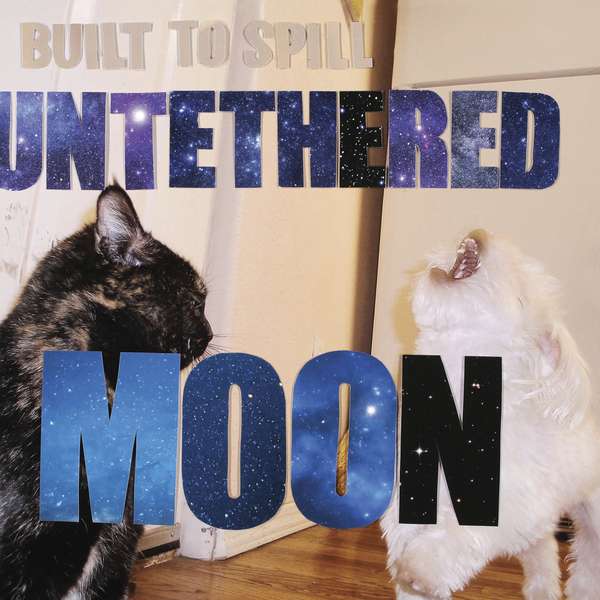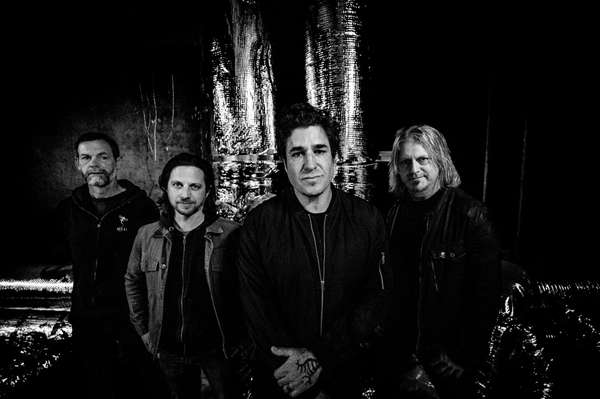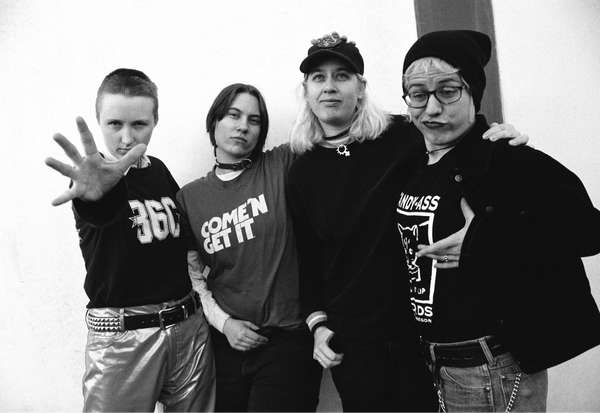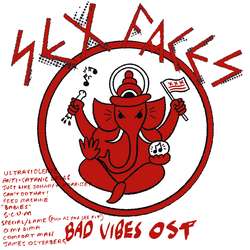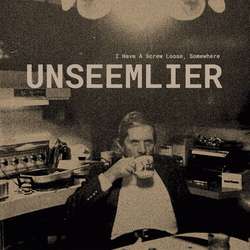Calling Untethered Moon guitar rock is somewhere to start. While the band takes their chops from the 1990s alternative boom, the defining moments of their songs come out of the guitars rather than in vocal styling or rhythmic direction. This record succeeds or fails because of that guitar. (See what I just did there? Now you have to keep reading.)
As a casual fan over the years, never one to dive into the discography or seek out too much, Untethered Moon took some time. At first, Doug Martsch’s voice has just a bit too much Neil Young for my tastes and, frankly, that was the biggest obstacle. Once a separation can be drawn, the songs are about the leading guitar that sets a tone and pace for Martsch’s lyrics, which flow along with that current.
“Living Zoo” is definitely the standout here with a big opening that starts to noodle in the minute-plus intro, but instead of steering into No-man’s-land, it instead reverses course and jumps suddenly into a winding melody interspersed with some emphatic chops. The song is emotional--flowing but with direction--hitting ups and downs and creating an even vibe throughout, which is a solid descriptor for the record as a whole. This is mellow music—not soothing, but not abrasive or anxious either. For the most part Untethered Moon gets that boat afloat and takes it where it may. It gets choppy now and again, as in “C.R.E.B.,” where the riffs get a little more ‘90s see-saw, but even there it’s the sing-song melody and that memorable bridge between verses can keeps it moving along. “So” is a song with a heavier feel, but the vocals are always keeping it in check and while the band was formed in 1992, it doesn’t suffer from that dogmatic riff-rhythm that defined a lot of their peers.
As stated, this is guitar music and that’s always leading the way. (“Let’s call it guitar-pop, because it’s not a review without a hyphenated genre tag). As a whole, it works incredibly well. It’s pop in the melody, but the length of songs varies greatly, from the shortest “Horizon to the Cliff” to the 8-minute closer “When I’m Blind.”
“When I’m Blind” is way too long, and that instrumental outro that spans 5 minutes is too much, getting into a dose of pedal wankery and losing direction. Eventually it switches out of wankery and back toward melody when the interplay between the guitars and drummer Steve Gere pull a fast one that, but at that point the song has already maxed out. “When I’m Blind” is a weaker link on the album, and unfortunate at that since it’s their big coda.
The record is really stead and pleasing, though. While I want my initial Neil Young comparisons to die, it really does bear that approachable and widely appealing similarity, while sporting some damn fine songwriting chops in the process. The difference is that Martsch’s voice has grown on me, while the other never has.
